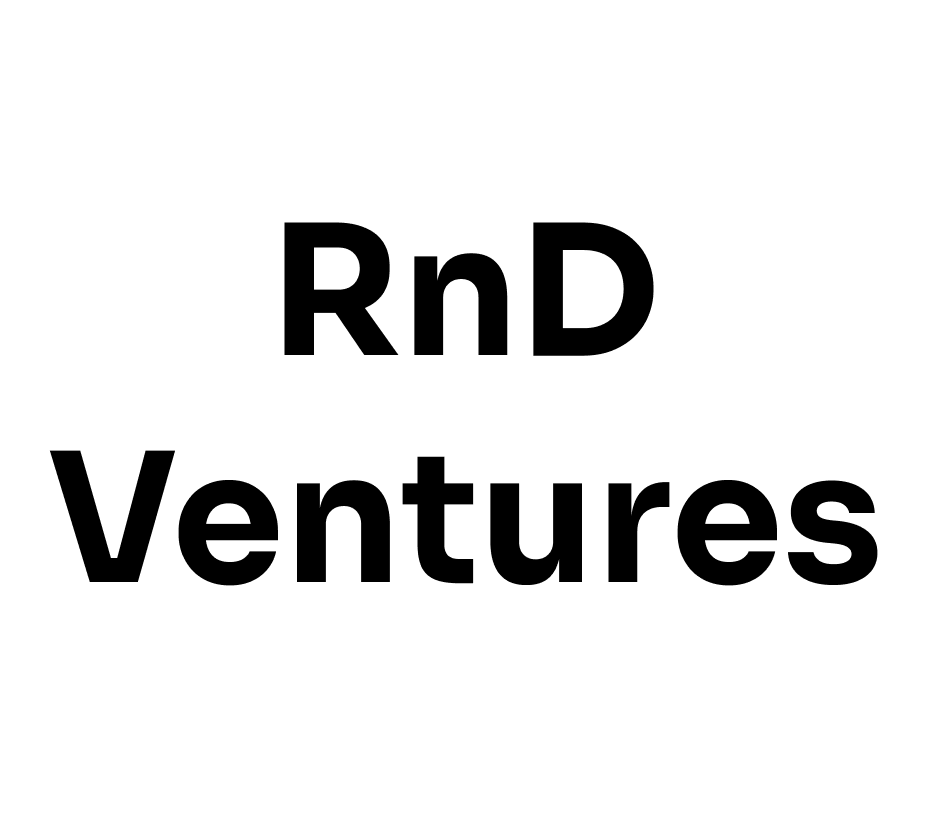RnDAO Panel: sense-making

The Biggest Gap in Governance: Sensemaking
In June 2024, RnDAO hosted an enlightening panel discussion titled “The Biggest Gap in Governance: Sensemaking.” This event brought together experts from diverse fields to explore the crucial role of sensemaking in governance. The panel featured Dave Snowden, Kaitlin Beegle, and Antoine Vergne, with Andrea Gallagher serving as the moderator.
Watch this Panel on YouTube
Defining Sensemaking
The panel kicked off with a discussion on defining sensemaking. Dave Snowden, renowned for his work in naturalizing sensemaking, described it as the process of making sense of the world to act within it. Snowden emphasized that sensemaking involves recognizing the sufficiency of information rather than complete certainty, which is often unattainable.
Kaitlin Beegle, Head of Protocol Governance at the Filecoin Foundation, shared her operational approach to sensemaking. She highlighted the importance of addressing cultural assumptions, operational motivations, and diffusion of responsibility to move from understanding to action. Beegle pointed out that unresolved conflicts and lack of traction on important issues are key indicators that sensemaking is needed.
Antoine Vergne from Mission Public brought in the perspective of deliberative processes, noting how structured discussions and cognitive diversity can drive effective sensemaking. Vergne emphasized the biological and social imperatives of human coordination, illustrating how random selection and structured exchanges can foster better decision-making.
Stories of Sensemaking in Action
The panelists shared various stories to illustrate the practical application of sensemaking. Snowden recounted a project in which schoolchildren acted as ethnographers in their communities, gathering stories that highlighted urban deprivation. This approach provided valuable insights and facilitated bottom-up solutions that were later supported by local government.
Beegle shared a case from the Filecoin community where assumptions about economic motivations led to misunderstandings and ineffective grant programs. Through extensive interviews and collaboration, the team discovered the deeper cultural orientations driving community behavior, leading to more effective governance strategies.
Vergne shared examples from deliberative citizen assemblies, including a powerful story of a participant whose views on immigration evolved significantly through structured dialogue and exposure to diverse perspectives.
Tools for Effective Sensemaking
The discussion also delved into the tools and methods that support sensemaking. Snowden highlighted SenseMaker®, a tool that allows participants to interpret their own stories, providing both quantitative and narrative data for better decision-making. He also discussed the use of micro-grants to support distributed decision-making at the community level.
Beegle introduced Metropolis, a tool adapted from Polis for smaller groups, enabling crowd-sourced sentiment analysis and diverse input on governance issues. This tool helps identify areas of agreement and divergence, fostering a more inclusive decision-making process.
Vergne stressed the importance of in-person deliberation, despite its challenges. He argued that while digital tools are useful, the depth of understanding and civic education achieved through face-to-face interactions is unparalleled.
Conclusion
“The Biggest Gap in Governance: Sensemaking” panel provided valuable insights into the complexities of sensemaking and its vital role in effective governance. By addressing cultural assumptions, leveraging diverse perspectives, and utilizing innovative tools, organizations can enhance their decision-making processes. The panel underscored that sensemaking is not just a procedural necessity but a foundational element of democratic governance and community synergy.
Stay tuned for more insightful talks and events from RnDAO, as we continue to explore important topics in collaboration technology and the Web3 space.
